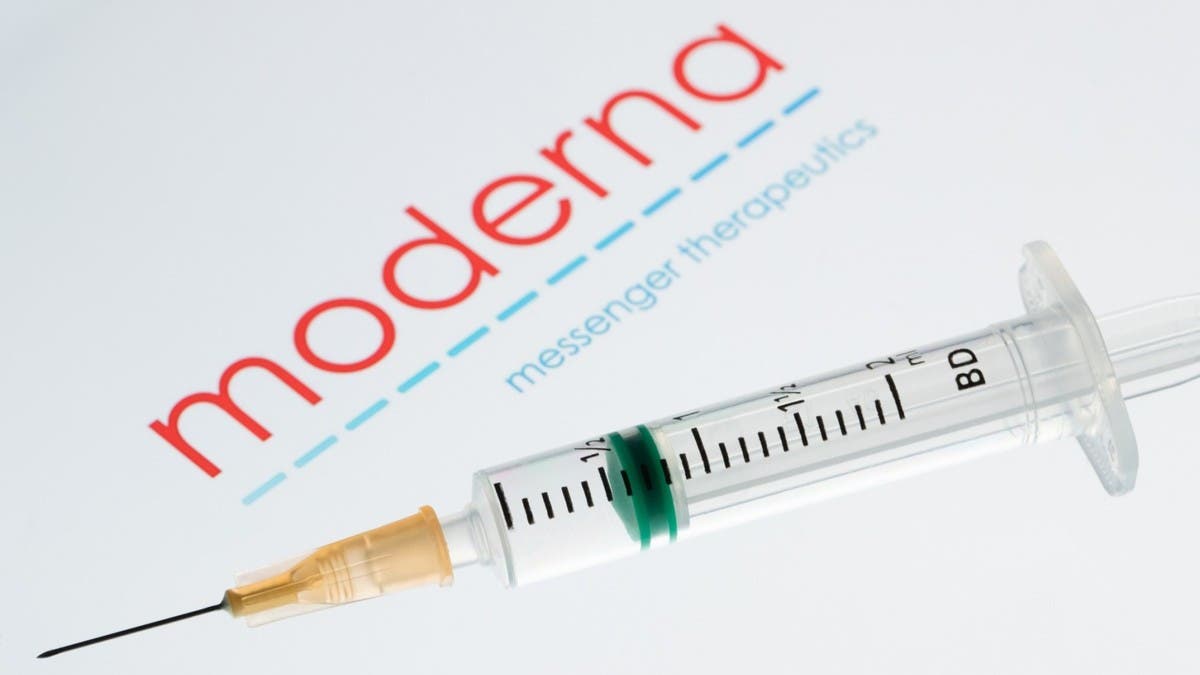Moderna Inc said on Monday that a booster dose of its COVID-19 vaccine appeared to be protective against the fast-spreading omicron variant in laboratory testing and that the current version of the vaccine would continue to be Moderna’s “first line of defense against omicron.”
Read the latest updates in our dedicated coronavirus section.
The vaccine maker said the decision to focus on the current vaccine, mRNA-1273, was driven in part by how quickly the recently discovered variant is spreading. The company said it still plans to develop a vaccine to protect against omicron and hopes to advance into clinical trials early next year.
Moderna’s shares were up about 6.5 percent at $314.42 in premarket trade.
“What we have available right now is 1273,” Dr. Paul Burton, Moderna’s Chief Medical Officer, said in an interview. “It’s highly effective, and it’s extremely safe. I think it will protect people through the coming holiday period and through these winter months, when we’re going to see the most severe pressure of omicron.”
The company said a two-dose course of its vaccine generated low neutralizing antibodies against the omicron variant, but a 50-microgram booster dose increased neutralizing antibodies against the variant 37-fold. A higher, 100 microgram booster dose of the same vaccine drove antibody levels even higher – more than 80 times pre-boost levels.
The data, which has not yet been peer reviewed, tested blood from people who had received the vaccine against a pseudo virus engineered to resemble the omicron variant. It is like data discussed last by top US infectious disease expert Anthony Fauci.
Burton said it would be up to governments and regulators to gauge whether they want the enhanced level of protection that a 100-microgram dose might confer.
The company said that the 100-microgram dose was generally safe and well tolerated, although there was a trend toward slightly more frequent adverse reactions.
Moderna also tested the vaccine’s effectiveness compared to its prototype boosters that target multiple previous variants of concern, and said the results were similar.
US regulators authorized the 50-microgram booster of Moderna’s vaccine in October. The first two shots of Moderna’s vaccine are both 100 micrograms.
Both the Moderna and the Pfizer/BioNTech vaccines have been linked to rare cases of heart inflammation, particularly in young men. Several studies have suggested that Moderna’s vaccine is likely to cause the heart inflammation at a higher rate.
Omicron, a highly contagious variant first detected last month in southern Africa and Hong Kong, has raced around the globe and been reported in 89 countries, the World Health Organization said on Saturday.
It said the number of omicron cases is doubling in 1.5 to 3 days in areas with community transmission, but noted that much remains unknown about the variant, including the severity of the illness it causes.
Read more:
Dubai airport ‘100 percent operational’ for first time since pandemic
Omicron COVID-19 variant spreading rapidly in countries with high immunity: WHO
Israel to ban travel to US, Canada over omicron variant

 World2 years ago
World2 years ago
 World2 years ago
World2 years ago
 Entertainment7 years ago
Entertainment7 years ago
 World7 years ago
World7 years ago
 Entertainment7 years ago
Entertainment7 years ago






